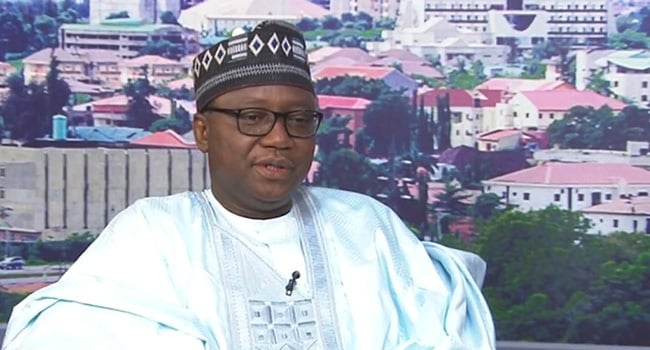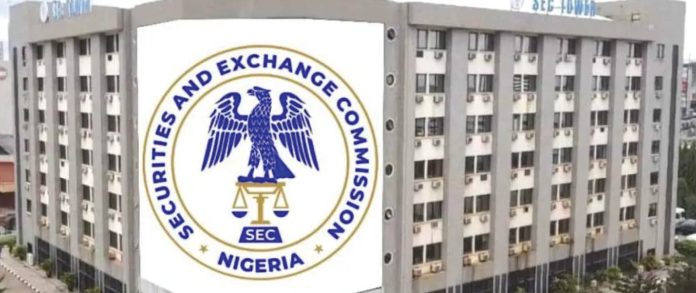 Some First Bank retirees protested at the bank’s headquarters in Marina, Lagos, on Wednesday, demanding improved welfare.
Some First Bank retirees protested at the bank’s headquarters in Marina, Lagos, on Wednesday, demanding improved welfare.
The protesters, who held placards, accused the bank’s management of years of neglect and failure to review their pensions and medical allowances for over 20 years.
The PUNCH reports that this is not the first time the pensioners have demanded improvements in their welfare. In September 2024, the National Union of Pensioners FBN Unit accused First Bank of Nigeria’s management of continually refusing to comply with court orders, pension reforms and signed agreements.
Speaking at the protest on Wednesday, the Vice Chairman of the group, Sunny Aluko, said several members had died while waiting for improvements from the bank’s management.
“We are protesting because First Bank has denied us our rights for 15 to 20 years, paying only a monthly salary of N15,000 and an annual medical allowance of N30,000, which have not been reviewed. People are dying due to inadequate support.
We urgently need enhanced pensions and medical allowances.”
“We have engaged them several times. We were here on 15 February this year. Up to now, they’ve not done anything reasonable for us, and that’s why we are here to protest against their inaction.”
The General Secretary of the National Union of Pensioners, First Bank Unit, Paul Imhoagene, said: “At N15,000, that is 500 Naira every day. The medical is N30,000 per annum; that is 250 naira every month. Based on market forces, the current inflation is very high, and the naira is weak.
Our purchasing power cannot meet market demands. We cannot meet our responsibilities at all. We have no money to take care of our old age. Some of us are bedridden.
“As of last year, the total population of pensioners was over 4,000. Currently, we are not up to 2,900. You can imagine the number of pensioners who have passed away. We have had a series of meetings with First Bank management. They will tell us, ‘Come today, come tomorrow.’ They have been twisting us all over the place. They are talking about the corporate image of the bank. What about the corporate names of our members who are dead? We have been degraded. First Bank pensioners are suffering. We can no longer pretend. We have proposed today that our annual medical allowance should be N500,000 based on current market forces, and our monthly pension should be N350,000.”
Imhoagene also claimed that the bank hired a consultant, who offered a one-time payment of N1m to the retirees.
“We overwhelmingly rejected the template. Now we are telling them, ‘Let us start from where we stopped.’ They refused. We are ready to embarrass. I’m sending this note of warning to First Bank. We are ready to embarrass you. Some of you occupying that position today will not be there tomorrow. People were there before. We were there before. But look at where we are.”
One of the protesting retirees, Mrs Adetokunbo Onibudu, said: “First Bank management is not humane at all. For the past 20 years, there has been no increase in our pension: N15,000 a month. With the current situation, it cannot even be used to buy food for the dogs in their houses. But they are enjoying it; they say they are enjoying our labour. The hen that lays the golden eggs, they are forgetting us. Many of us are bedridden. Many of our colleagues are sick at home; they cannot come out. One of us fell in the bathroom; his hand is now injured, and he can’t use it. They are paying him N15,000 per month and N30,000 a year for medical, which is 30 naira a day to buy Panadol. Panadol is even N200 nowadays.”
The National Trustee (1) of the First Bank Pensioners’ Unit, Adekunle Ajibola, said the retirees had repeatedly appealed for adjustments but were told the bank could not fund the increase from its profit and loss account. According to him, past leadership of the bank created a pensioners’ trust fund for such situations, but the retirees claim they have not been allowed access.
“We are left with only monthly pensions and annual medical allowances, which have not been reviewed for 15 years,” Ajibola said. “We went to court and won, yet the judgement has not been respected.”
Another retiree, Kaosarat Thani, lamented that she receives N18,000 monthly, making her one of the highest paid among the retirees.
“I am collecting N18,000, but many of us have been receiving N15,000 for over 20 years. No increase of one kobo. Our members are dying in droves. Presently, they want to build 40-storey buildings while the pensioners are dying.”
The union leaders insisted their agitation is not to harm the bank but to demand fairness for those who “used their youth and strength” to build the institution. They vowed to take their protest national and international if necessary.
As of press time, First Bank management had not publicly responded to the latest demonstration. The General Secretary announced that the retirees would be taking the protest nationwide in the coming days.


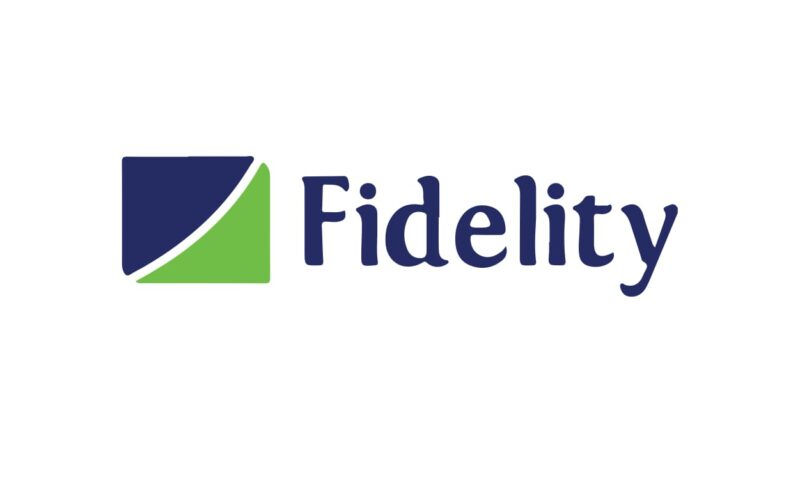


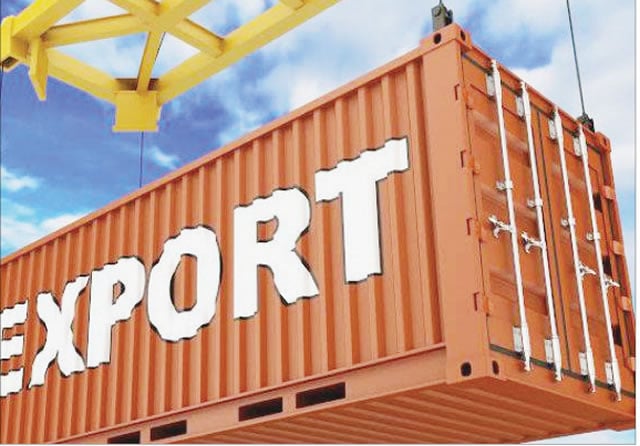



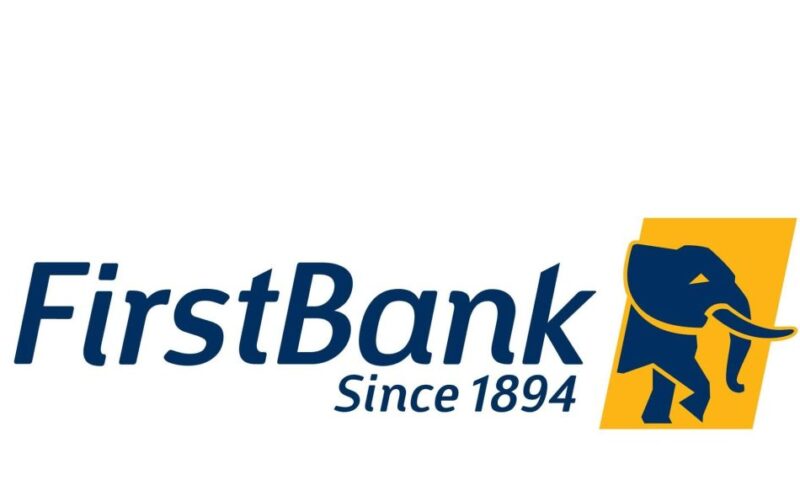
 FirstBank, West Africa’s premier financial institution and financial inclusion services provider, is pleased to announce its upcoming SMEConnect Webinar scheduled to hold on Wednesday, 26 November 2025.
FirstBank, West Africa’s premier financial institution and financial inclusion services provider, is pleased to announce its upcoming SMEConnect Webinar scheduled to hold on Wednesday, 26 November 2025.

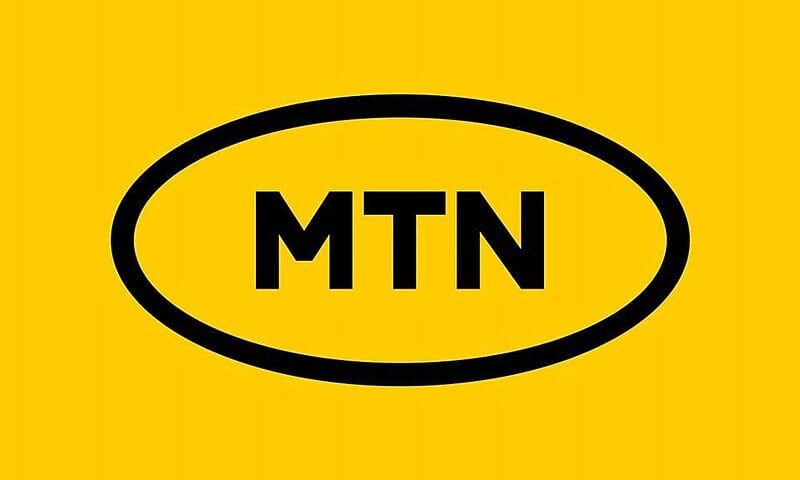
 MTN Nigeria has unveiled its festive campaign, ‘YelloTide’, a nationwide initiative aimed at spreading joy, kindness and community spirit as the year draws to a close, the operator said on Tuesday.
MTN Nigeria has unveiled its festive campaign, ‘YelloTide’, a nationwide initiative aimed at spreading joy, kindness and community spirit as the year draws to a close, the operator said on Tuesday.
 Some First Bank retirees protested at the bank’s headquarters in Marina, Lagos, on Wednesday, demanding improved welfare.
Some First Bank retirees protested at the bank’s headquarters in Marina, Lagos, on Wednesday, demanding improved welfare.